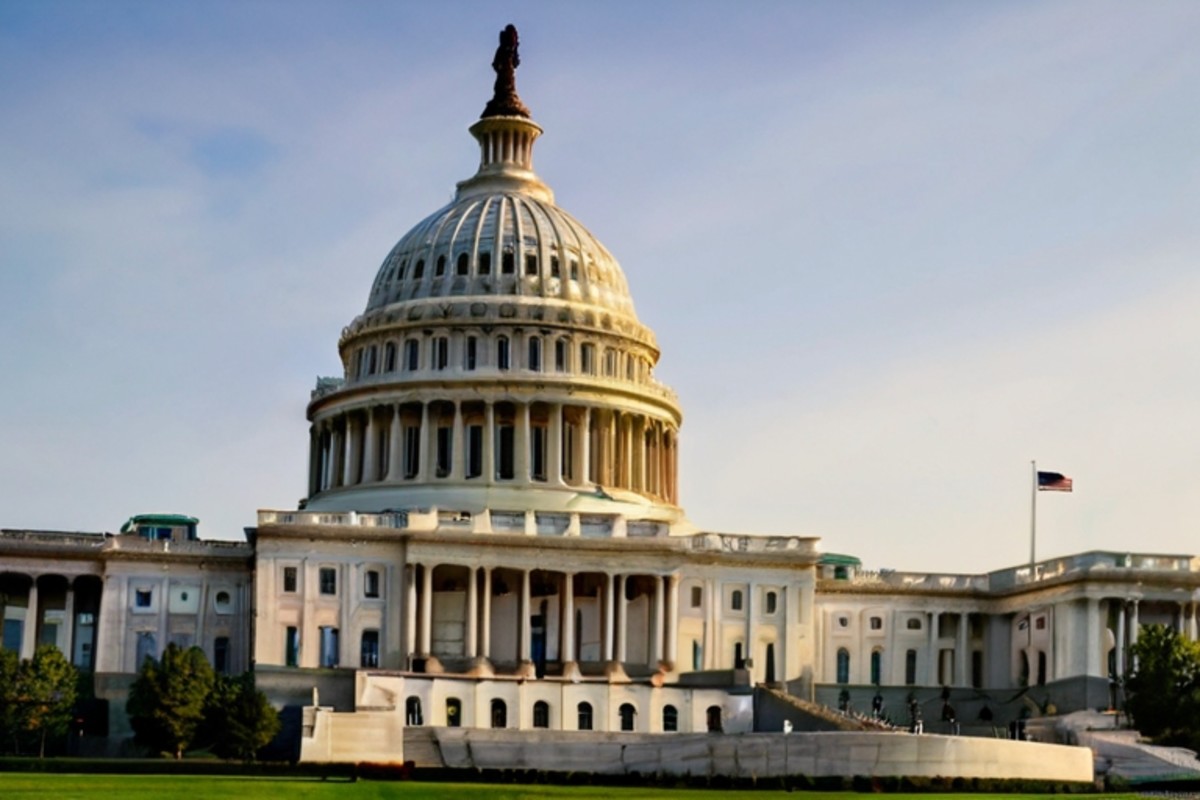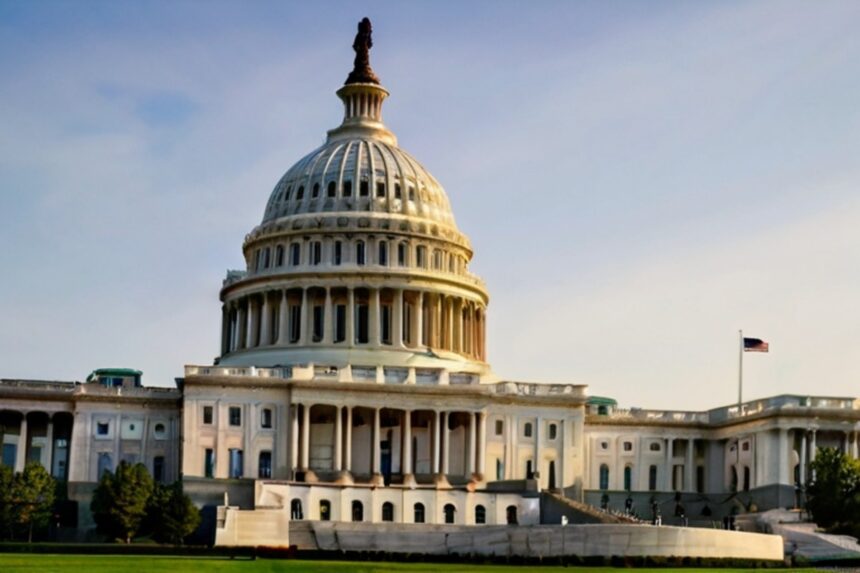
The Senate recently passed the bill HJRes. This overturns the SEC’s Staff Accounting Bulletin (SAB) No. 121, which prevents highly regulated financial companies from storing Bitcoin and other virtual currencies. The bill passed by a vote of 60-38, demonstrating bipartisan support for the bill.
BREAKING: 🇺🇸 Bill to overturn SEC rules that prevent custody of highly regulated financial companies #bitcoin And cryptocurrencies pass the Senate. pic.twitter.com/GDyJRCMCxy
— Bitcoin Magazine (@BitcoinMagazine) May 16, 2024
The resolution, which already passed the House last week, aims to repeal SAB 121. The bulletin imposes severe restrictions on financial institutions, effectively prohibiting them from acting as custodians of digital assets such as Bitcoin. Under the Congressional Review Act, HJRes. 109 seeks to remove these obstacles, thereby allowing highly regulated financial companies to offer custody services for Bitcoin and other cryptocurrencies.
However, the White House has made its position clear on the bill. In a recent statement, President Biden emphasized that if the bill reaches his desk, he will veto it. The administration claims that overturning SAB 121 would “disrupt the SEC’s efforts to protect investors in the crypto asset markets and protect the broader financial system.”
Supporter of HJRes. However, 109 argues that overturning SAB 121 is important to protect U.S. consumers. Much of that comes from a series of spot Bitcoin exchange-traded funds (ETFs) that were approved for trading by the SEC earlier this year. The majority of these Bitcoins are held on behalf of a small number of institutions, creating a risk of centralization. H.J.Res. 109 aims to remove barriers and allow more highly regulated institutions to store and hold Bitcoin on behalf of their customers, alleviating centralization concerns.
Critics of the SEC’s SAB 121 argue that the rule is overly restrictive and hinders financial institutions’ ability to meet growing demand for Bitcoin services. They believe that given existing compliance frameworks and security protocols, regulated institutions are well-equipped to address the risks associated with the custody of digital assets.
Sen. Cynthia Lummis, a vocal supporter of Bitcoin, earlier today appealed for support for overturning SAB 121, saying, “SAB 21 is a rule under the Administrative Procedure Act masquerading as accounting guidance. It was published without authorization by SEC staff.” A majority of the committee. ”
JUST IN: 🇺🇸 U.S. Sen. Cynthia Lummis urges Senate to vote in favor of bill allowing custody to highly regulated financial companies #bitcoin And cryptocurrencies.
she also said "The safest place for your digital assets is within your self-hosted wallet." 👏 pic.twitter.com/5WnGHZSNP3
— Bitcoin Magazine (@BitcoinMagazine) May 16, 2024
But Sen. Elizabeth Warren said this is a completely different asset class than banks and other regulated financial institutions are accustomed to, and urged the Senate to join Joe Biden in voting against it. urged. He said digital assets can be hacked because they are not physical objects that banks can store in vaults, but are entirely online, citing the hacking of crypto exchanges Binance and FTX as evidence. listed.
JUST IN: 🇺🇸 U.S. Sen. Elizabeth Warren urges Senate to vote against bill that would allow highly regulated financial companies to hold custody #bitcoin And cryptocurrencies. pic.twitter.com/L6NwEVUseN
— Bitcoin Magazine (@BitcoinMagazine) May 16, 2024
Despite Senate confirmation, the future of HJRes. 109 remains uncertain due to the threat of a presidential veto. If President Biden follows through on his promise, it would maintain the status quo regarding custody of digital assets by financial institutions and halt progress on the resolution. Biden has the option to sign the bill, veto it or do nothing. If he chooses to do nothing, the bill will become law without his signature.
FOX Business journalist Eleanor Tellet commented on the news: Says“The Senate has voted to overturn SAB 121, which means it goes to the president, as you all know. The president said last week that he was going to veto it. If he does, It would be back to square one in the House and Senate, requiring a two-thirds majority in both chambers to override the veto.






